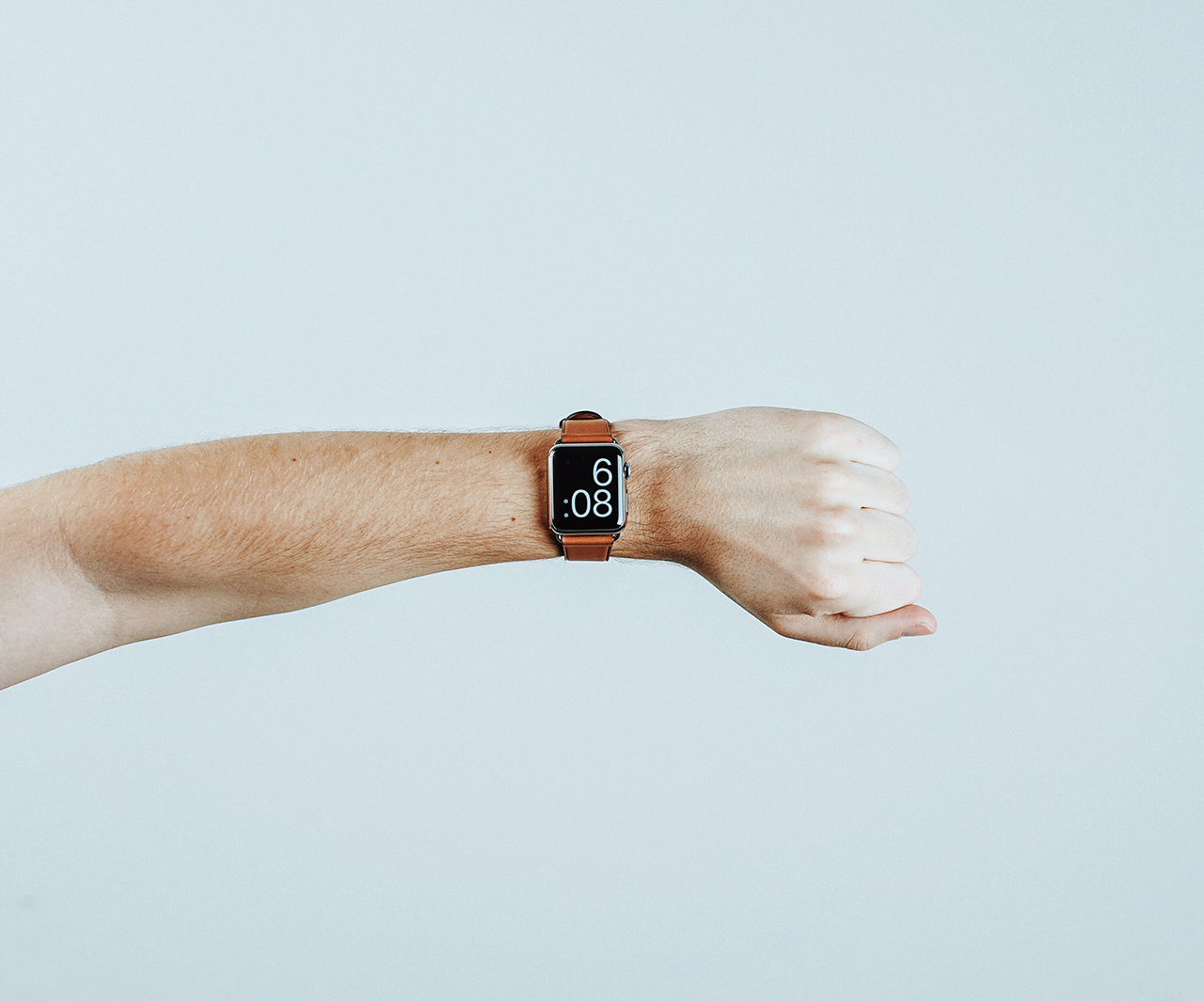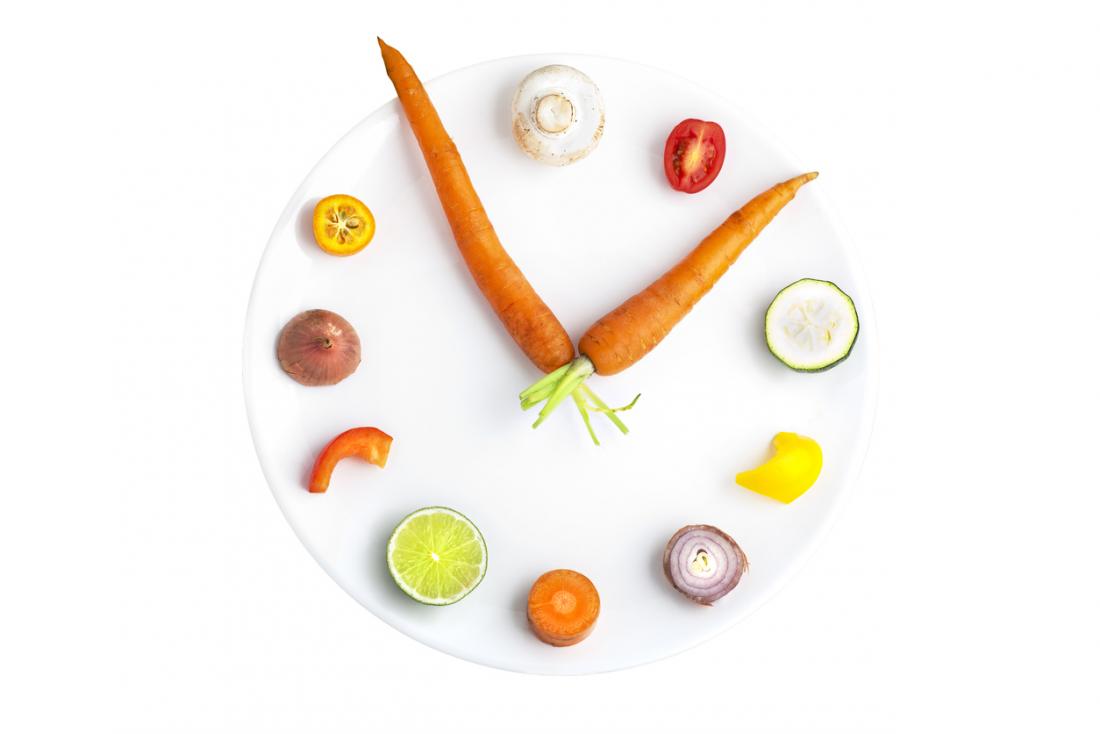
The importance of meal timing is very dependent upon your goals.
If you are looking for strictly weight loss, meal timing is not important at all. To achieve weight loss, you need to burn more calories than you consume. Simple as that! If you ate all of your calories at 10 PM, as long as you eat less than you burned, weight loss will happen.
For performance, meal timing is very important.
Top-level athletes have the timing of their food down to the minute. They need certain macros based on their sports scheduled around their event or meet. If they are an endurance athlete, they will need more fat pre-workout to help sustain their energy levels over a longer period of time. These athletes might also require extra calories during their event. Strength athletes need more carbs to help restore the lost glycogen during heavy lifting. When you lift heavy, your muscles get depleted from glycogen which in simple terms is the energy used for your muscles to contract during movements quickly.
For aesthetics, it has been debated many times on if meal timing is important. There is no right or wrong answer because there have been results shown for both frequent eating throughout the day, but also intermittent fasting. This is more personal preference but will still be dependent on your macro targets for the day. Personally, I think that eating multiple times during the day works best just from my own personal experience. Mentally and physically this has been beneficial.
If you are wanting to start experimenting with meal timing, I recommend asking your coach what is best suited for you and what your goals are. It is going to vary from person to person and athlete to athlete.
A general rule is to eat balanced meals throughout the day and 1-3 hours before your workout. Post-workout is important to get protein (whey protein) and a simple carb source (Rice Cakes, Karbolyn, Etc.) to help refuel and start the recovery process for your body.



